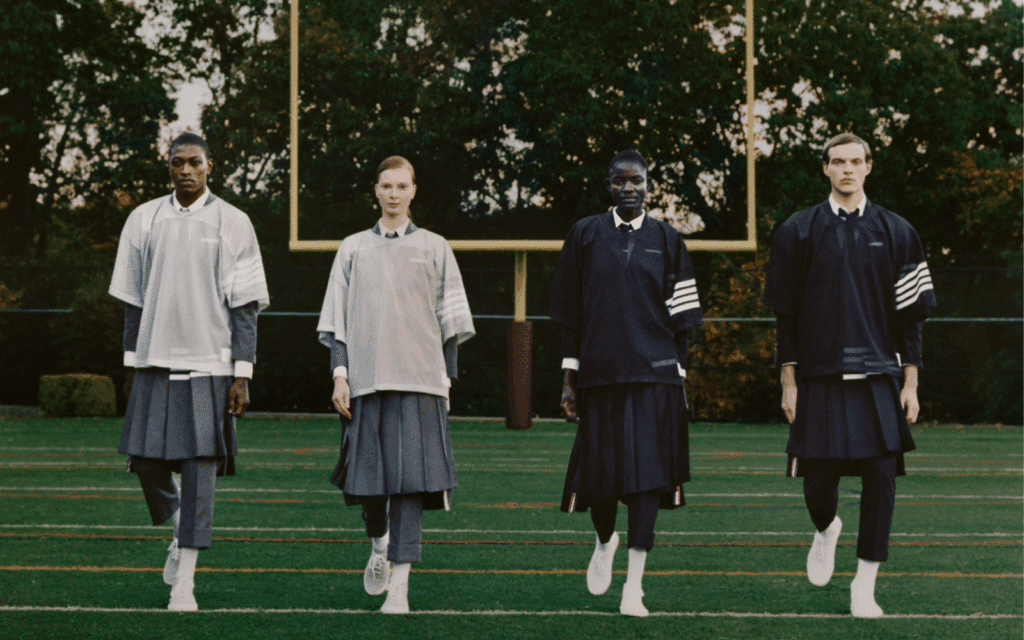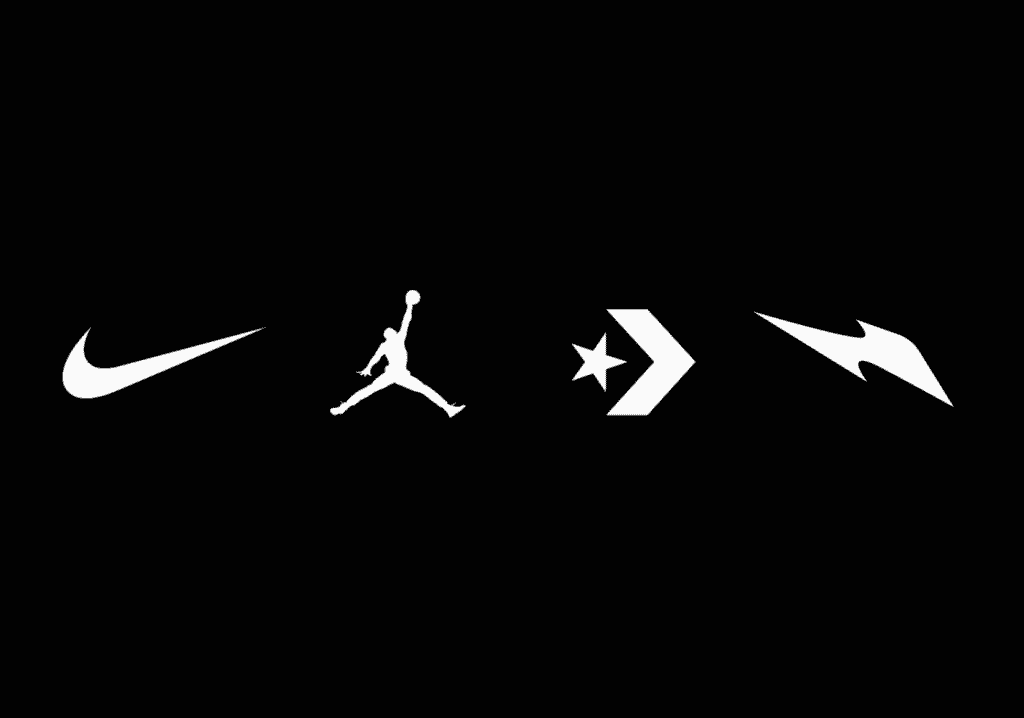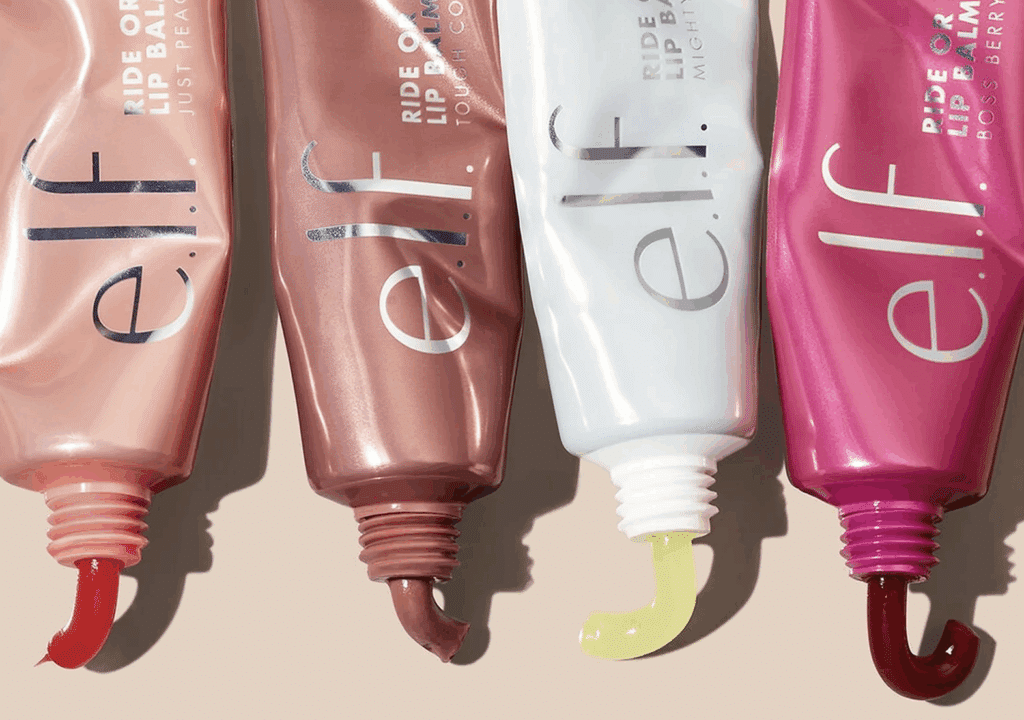Gucci must face claims in a proposed class action lawsuit alleging that it engaged in deceptive business practices, and was unjustly enriched as a result of “fraudulent” claims that its exotic skin products are “ethically-sourced.” In an order late last month, a federal judge in Illinois sided with plaintiff Tracy Cohen, in part, refusing to dismiss the lawsuit that she waged against Gucci, but enabling its parent company Kering to sidestep the suit due to a lack of jurisdiction.
A Bit of Background: Cohen, a former Gucci sales associate, filed a proposed class action complaint against Gucci and Kering in June, alleging that while working at Gucci’s Chicago store, she was trained to tell customers that exotic skin products, such as those made from snake and crocodile leather, were ethically and humanely sourced. Cohen maintains that she and Gucci’s customers believed these representations to be true, only to later discover allegations of unethical practices involving Gucci’s suppliers.
Specifically, Cohen claims that in March 2024, she learned from news articles that Gucci and Kering suppliers in Thailand were implicated in the abusive slaughter and skinning of pythons and crocodiles. Against that background, she alleges that Gucci and Kering “deceived her, and others, into buying exotic skin products through false representations about the skin’s ethical sources,” prompting her to file suit on behalf of herself and a class of people who purchased exotic skin products from Gucci in Illinois from January 2009 to present.
On the heels of Cohen filing suit, Gucci and Kering moved to dismiss her claims against Kering for lack of personal jurisdiction and against Gucci and Kering, alike, for failure to state a claim.
A Win for Kering & a Setback for Gucci
Reflecting first on Kering’s bid for dismissal, Judge Jeremy C. Daniel of the U.S. District Court for the Northern District of Illinois was persuaded by the French luxury goods conglomerate’s claim that it lacks sufficient ties to Illinois to establish specific personal jurisdiction. The court found that the bulk of Cohen’s complaint centers on Gucci and that “a lone statement that both defendants transact business in Illinois” is not enough to warrant jurisdiction over Kering. The court also was not convinced by Cohen’s claim in her response brief that Kering’s “unusually high degree of control over Gucci” – as evidenced by the fact that it provides benefits to Gucci employees, serves as an Human Resources point of contact, subjects Gucci employees to its code of conduct, appoints key Gucci executives, and that “Gucci sells products manufactured by Kering – provides a basis for jurisdiction.
Ultimately, the court concluded that while Kering provides administrative services to Gucci, a corporate parent “may provide administrative services for its subsidiary in the ordinary course of business without calling into question the separateness of the two entities for purposes of personal jurisdiction.”
With Kering out of the picture, Judge Daniel turned his attention to Gucci, stating that “what remains is whether the complaint supports an inference that Gucci violated the [Illinois Consumer Fraud and Deceptive Business Practices Act (‘ICFA’)] or is liable for unjust enrichment.”
> ICFA: Judge Daniel found that Cohen’s complaint contains sufficiently detailed allegations to state a claim under the IFCA, namely, her claim that “when selling exotic skin products at Gucci’s store, she exhibited them as she was trained to do and told customers that ‘the skins were sourced ethically’ … from animals that ‘were not tortured.’” Since Cohen argues that these statements were false, this gives rise to a claim under the ICFA, which requires a plaintiff to allege a deceptive or unfair act, intent for others to rely on the deception, a connection to trade or commerce, and actual damages.
At the same time, the court also found that Cohen adequately pled actual damages, and that the allegations “are not mere assertions that [she] would not have purchased a product if it had been properly advertised,” which would fail under the ICFA. Instead, Judge Daniel found that Cohen pleaded that “the exotic skin products she and others purchased are defective because they are made with unethically obtained leather, contrary to Gucci’s claim it uses ethically sourced leather.”
Gucci had argued that Cohen’s ICFA allegations are based on third-party reports and lacked direct knowledge, but the court pointed out that pleading fraud based on “information and belief” is acceptable when the underlying facts are inaccessible to the plaintiff and reasonable grounds for suspicion exist. According to the court’s order, Cohen’s references to news reports and images detailing the treatment of animals satisfies the standard, with the court going on to state that Cohen’s “operative complaint contains pictures and news reports detailing the defendants’ alleged treatment of animals,” and that “[t]he veracity, authenticity, and representativeness of these photographs and reports are questions for summary judgment or trial, not a motion to dismiss.”
> Unjust Enrichment: Given that Gucci argued that Cohen’s unjust enrichment claim “rises and falls with her ICFA claim” and did not raise “any independent arguments in support of dismissal,” the court allowed the claim to proceed since ICFA allegations survive, her unjust enrichment claim survives, as well.
THE BIGGER PICTURE: Claims like the ones being waged against Gucci in the lawsuit at hand, as well as those at the heart of the ongoing probes into entities related to Dior and Giorgio Armani, which center on the operations of the companies’ suppliers, are undoubtedly part of the reason that luxury goods companies are readily snapping up players that comprise their supply chains. These deals allow companies to ensure that they have access to key materials, such as animal skins, and valuable manufacturing know-how.
Beyond that, acquisitions of critical suppliers allow companies to exercise close control over how products bearing their trademark-protected names and logos are made, which may help them to avoid unwanted publicity in connection with labor exploitation and the treatment of animals.
The case is Cohen v. Kering Americas, Inc. and Gucci America, Inc., 1:24-cv-07046 (N.D. Ill.).














